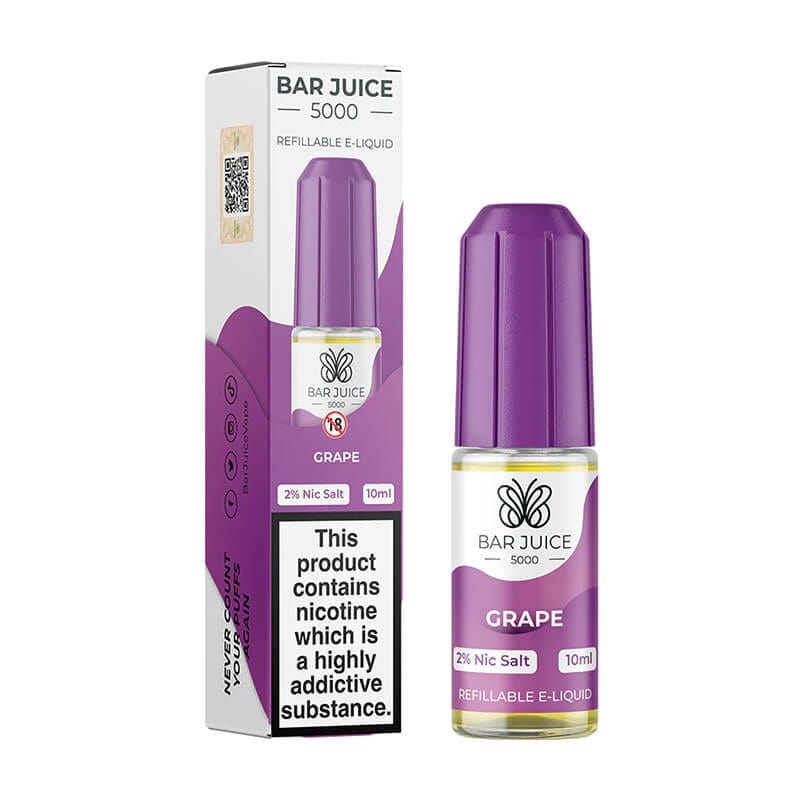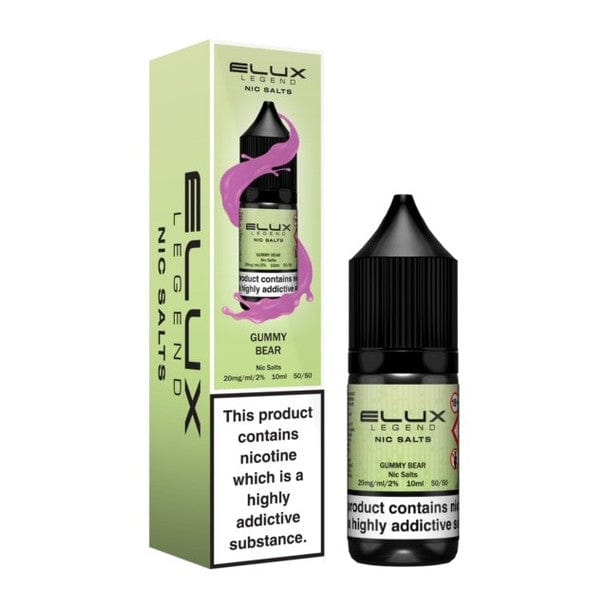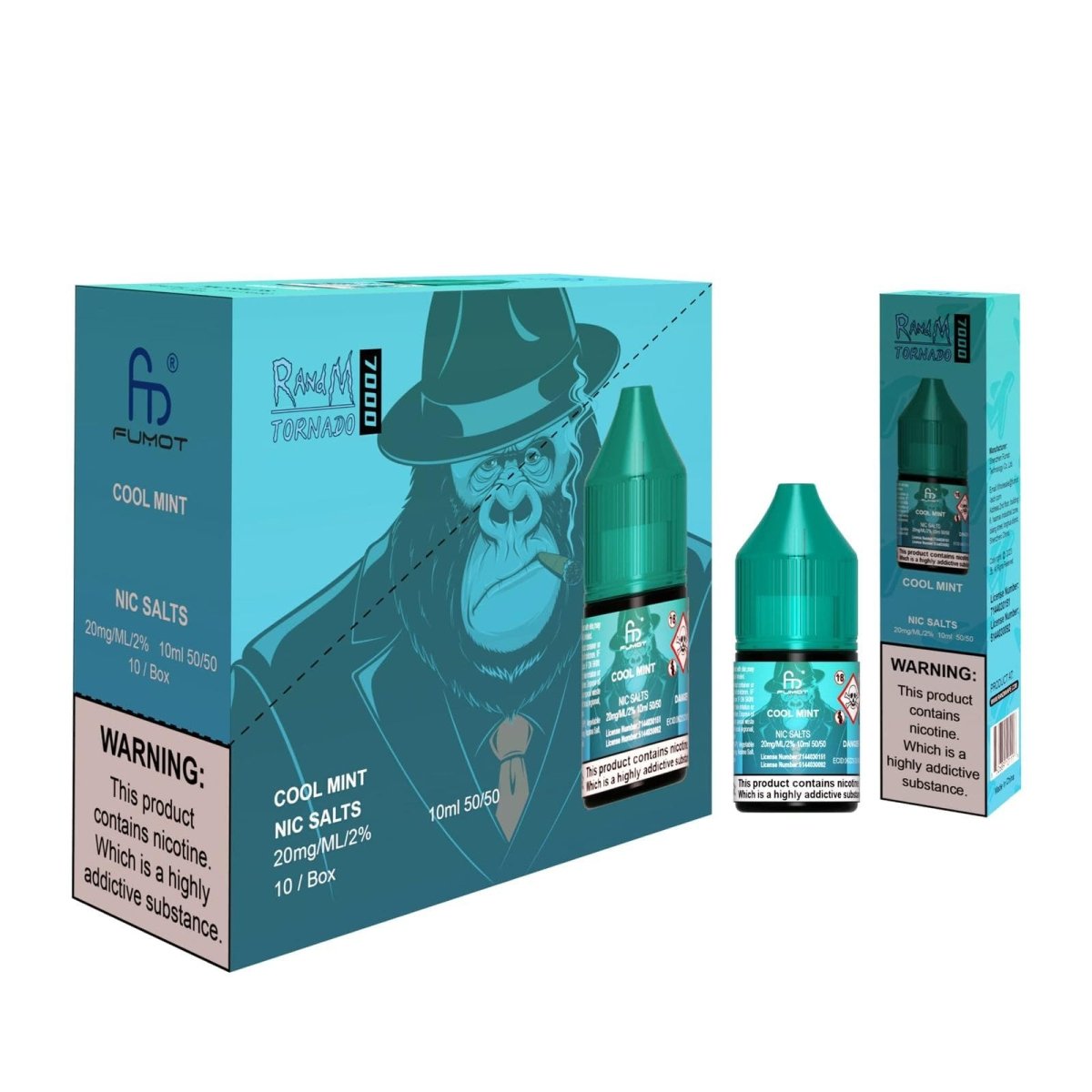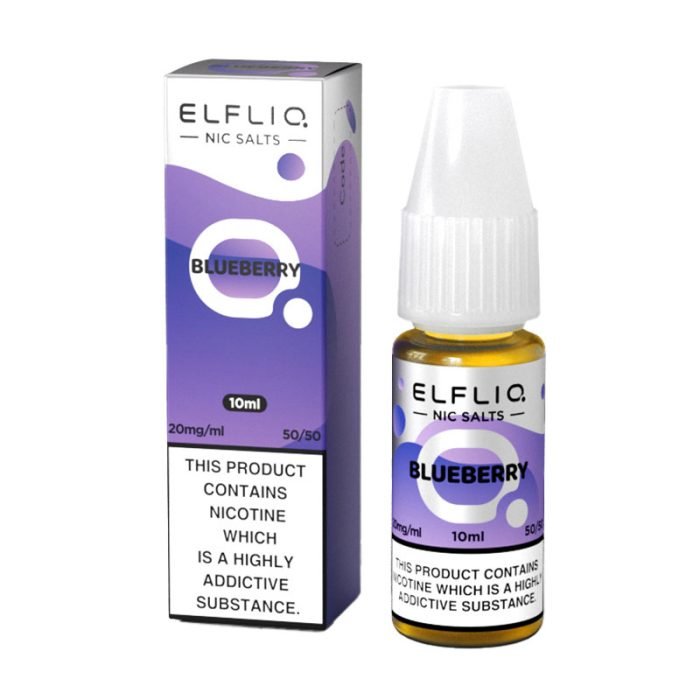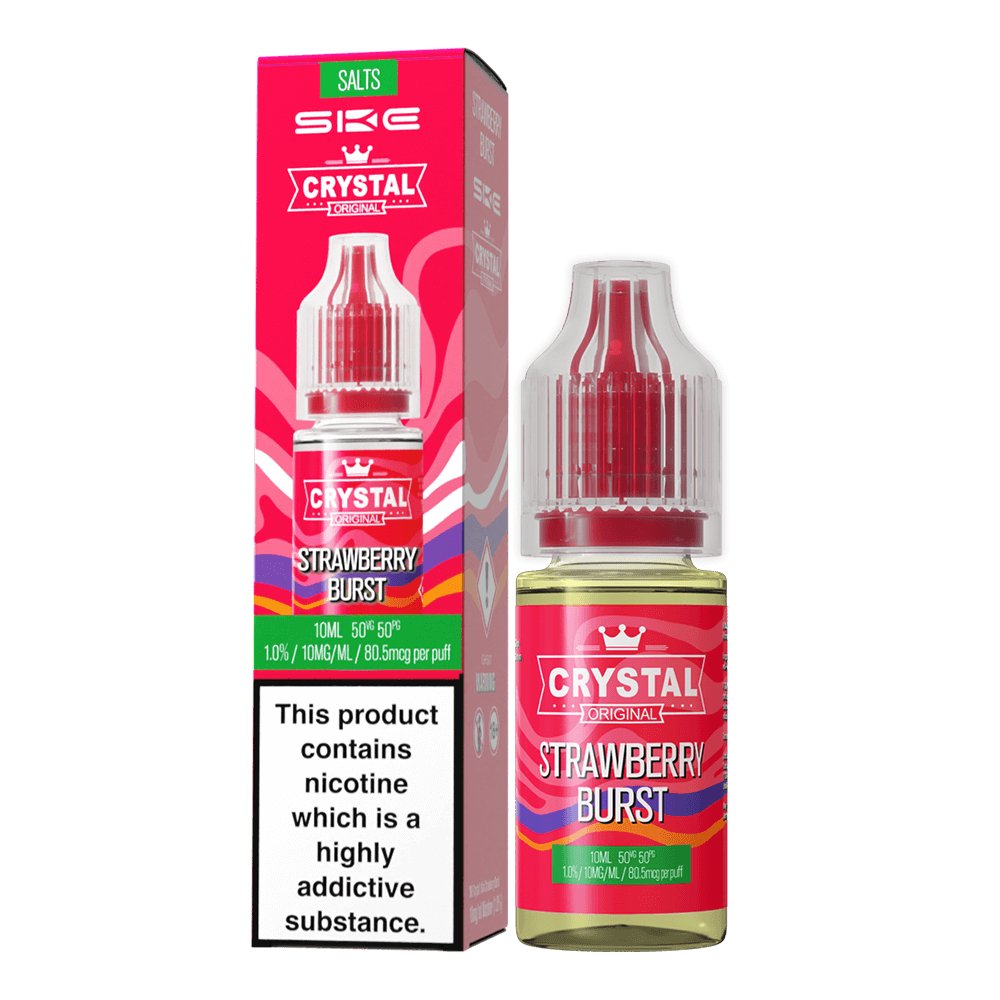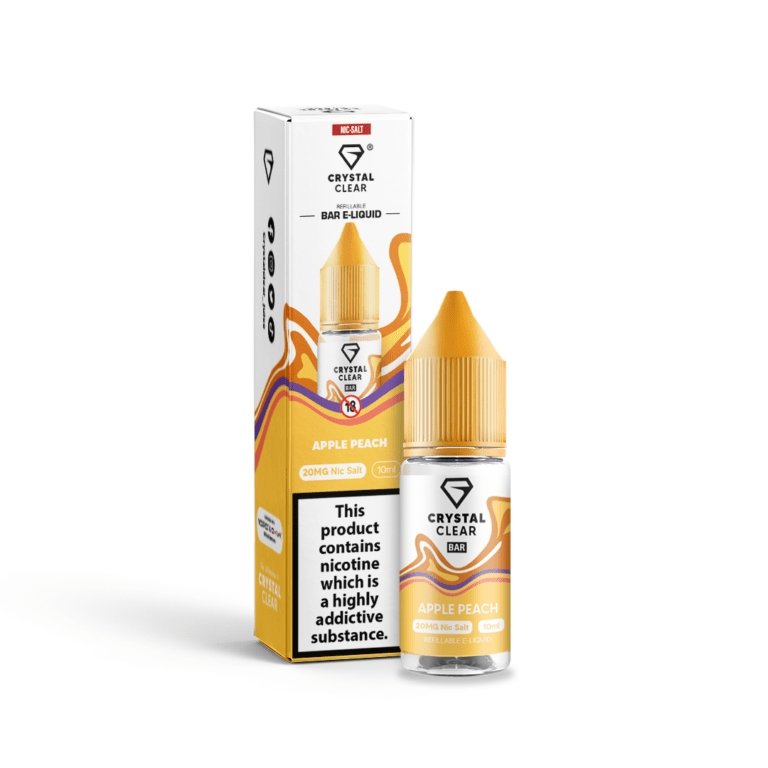Menu
Your cart is empty
Looks like you haven't added anything to your cart yet
Price
£0
£114.99
Brand
Product type
100 10ml Empty Bottles For E-Liquid

Sold out

100 10ml Empty Bottles For E-Liquid
- Price
- £14.99—£114.99
Empty Bottles: Uses, Benefits, and Creative Ideas
Empty bottles, once their contents have been consumed, can easily be overlooked as just waste. However, they offer a wide range of practical uses that can benefit both the environment and your creative spirit. Rather than tossing them away, empty bottles can be reused in many innovative ways, making them a valuable resource for home projects, eco-friendly initiatives, and functional items. The concept of reusing empty bottles is not only a sustainable practice but also a chance to turn something simple into something new and exciting. Whether it's glass, plastic, or metal bottles, each type can be repurposed in a variety of creative ways. From home décor to storage solutions, the possibilities are endless. By rethinking how we dispose of these items, we can help reduce waste and promote sustainability in our daily lives.
Repurposing empty bottles is also a way to foster creativity. With just a little imagination, an ordinary bottle can be transformed into a functional piece of art, a household item, or even a new tool. DIY enthusiasts and eco-conscious individuals have long embraced bottle reusability, sharing creative tips on how to breathe new life into these everyday objects. From rustic home décor to practical storage solutions, empty bottles are a great resource for anyone looking to minimize waste and add a personal touch to their living space. It's also worth noting that empty bottles of various materials—glass, plastic, and metal—offer unique opportunities for different projects. For instance, glass bottles are often used in decorative items like vases, while plastic bottles can be turned into planters or bird feeders. Each type of bottle has its own unique qualities, making it possible to find something for everyone.
Recycling Empty Bottles: Environmental Benefits
The environmental benefits of recycling empty bottles are clear. According to various studies, recycling bottles, especially plastic ones, can significantly reduce the amount of waste that ends up in landfills and oceans. When bottles are recycled properly, they can be turned into new products, reducing the need for raw materials and conserving valuable resources. This is essential in combating the growing problem of plastic pollution, which poses a major threat to wildlife and ecosystems. Recycling plastic, glass, and metal bottles also saves energy, as producing new bottles from raw materials requires much more energy than reusing existing ones. Additionally, recycling reduces the overall carbon footprint of manufacturing processes and helps to preserve natural habitats by minimizing the extraction of raw materials.
One of the most significant benefits of recycling empty bottles is that it helps keep our environment cleaner. By ensuring that bottles are recycled rather than discarded, we can reduce litter in public spaces, streets, and parks, preventing them from contributing to pollution. Furthermore, proper recycling also reduces the need for landfills, which are becoming increasingly overburdened with waste. The act of recycling encourages a more sustainable mindset and fosters a culture of resourcefulness. It’s also worth noting that glass and metal bottles are some of the most recyclable materials, as they can be recycled endlessly without losing their quality. In contrast, plastic bottles, although highly recyclable, often degrade in quality after repeated cycles of recycling. Still, even plastic bottles, when recycled correctly, can contribute to a circular economy, where materials are continuously reused.
Recycling empty bottles not only prevents environmental degradation but also saves natural resources, reduces pollution, and lowers energy consumption. However, the benefits extend beyond the environment to society as well. Recycling programs create jobs in communities, encouraging local economies to thrive. Moreover, they promote social awareness around environmental issues, teaching individuals and organizations the importance of responsible waste management. Thus, recycling empty bottles is a key action in the global fight against pollution, supporting both environmental preservation and social good.
Creative Uses for Empty Bottles: DIY Projects
Empty bottles, whether plastic, glass, or metal, are perfect materials for creative DIY projects. With a little creativity, a coat of paint, and some basic tools, you can turn your empty bottles into beautiful, functional items for your home or garden. A popular use for glass bottles is transforming them into decorative vases. Simply clean the bottle thoroughly, and add flowers, twigs, or even fairy lights for a charming effect. For a more rustic look, glass bottles can be painted in muted tones and used as centerpieces for dining tables or mantelpieces. Alternatively, you can tie a piece of twine or jute around the neck of the bottle to give it a more earthy, country feel. These upcycled glass bottles can add a touch of elegance to any space, showcasing your creative flair.
Another fun idea is using empty bottles to create lighting fixtures. With the right tools, you can turn a bottle into a stylish pendant light or a decorative lamp. This requires a bit of electrical know-how, but for those who enjoy DIY projects, it can be an exciting challenge. For those who prefer something simpler, glass bottles can be turned into candle holders. Just place a small candle inside the bottle, and you’ve got an instant decorative piece that doubles as mood lighting.
Plastic bottles also lend themselves to a variety of innovative projects. For example, you can cut and shape plastic bottles into planters for your garden or balcony. This is a great way to repurpose bottles that would otherwise end up in landfills. Simply cut the bottle in half, create drainage holes at the bottom, and fill it with soil and plants. You can even paint the bottles to match your outdoor décor or create fun, colorful planters for a child’s room. In addition to planters, plastic bottles can be used to make bird feeders, sprinkler systems for the garden, or even water bottle holders. These simple projects are not only cost-effective but also allow you to repurpose materials that would have otherwise gone to waste.
For those who enjoy crafting, turning empty bottles into wind chimes or garden ornaments can be a satisfying project. With a little bit of string, beads, and small metal pieces, you can hang several bottles together to create a melodic wind chime that adds a beautiful sound to your garden. You can also paint or decorate the bottles with vibrant colors and patterns to create unique garden sculptures or ornaments. The versatility of empty bottles in creative projects is boundless, providing a wealth of opportunities for artistic expression.
Upcycling Empty Bottles for Functional Uses
While empty bottles are often seen as an artistic medium, they also have many practical applications that can make your life easier and more efficient. For example, empty glass or plastic bottles can be used as storage containers for a wide range of items. You can store everything from dry goods, like rice and pasta, to office supplies and small tools. Simply clean the bottle, remove any labels, and repurpose it as a stylish storage container. By using empty bottles for storage, you can keep your space organized without having to buy new containers. The transparent nature of bottles makes them ideal for visually checking contents, ensuring that you always know when it’s time to restock or reorganize.
Empty bottles can also be used to create handy organizing tools. For example, if you have several small bottles or jars, you can use them to sort nails, screws, or beads. You can affix them to a board or shelf to create a modular organizing system for your workspace or craft room. Another functional use for empty bottles is in the kitchen, where they can be turned into funnels or pourers. Simply cut the top of a plastic bottle to create a makeshift funnel for pouring liquids into smaller containers or transferring dry ingredients. Alternatively, you can use the bottle to store homemade sauces, oils, or salad dressings. This is not only practical but also a way to reduce single-use plastic bottles from store-bought products.
Additionally, you can repurpose empty bottles into cleaning tools. For example, you can cut plastic bottles into the shape of a scrubber, which can be used to clean dishes or surfaces. You can also use the bottles as makeshift spray bottles by adding a spray nozzle. Fill the bottle with your favorite cleaning solution, and it becomes a convenient tool for housework. The possibilities for upcycling empty bottles into functional tools are endless, and by repurposing them, you can avoid purchasing unnecessary plastic items while reducing your carbon footprint.
Conclusion
In conclusion, empty bottles are far from useless once their original contents have been consumed. Instead, they hold tremendous potential as materials for a wide variety of projects and functional items. From eco-friendly recycling to creative DIY endeavors, empty bottles offer numerous opportunities to contribute to sustainability, creativity, and practicality. Whether you choose to repurpose glass bottles into décor, upcycle plastic bottles into storage containers, or recycle metal bottles into new products, the benefits of reusing empty bottles are vast and far-reaching. By embracing these practices, we can help reduce waste, lower our environmental impact, and foster a culture of resourcefulness. So, next time you finish a bottle, think twice before discarding it—there's a world of possibility waiting to be unlocked with just a little imagination.
- Choosing a selection results in a full page refresh.

